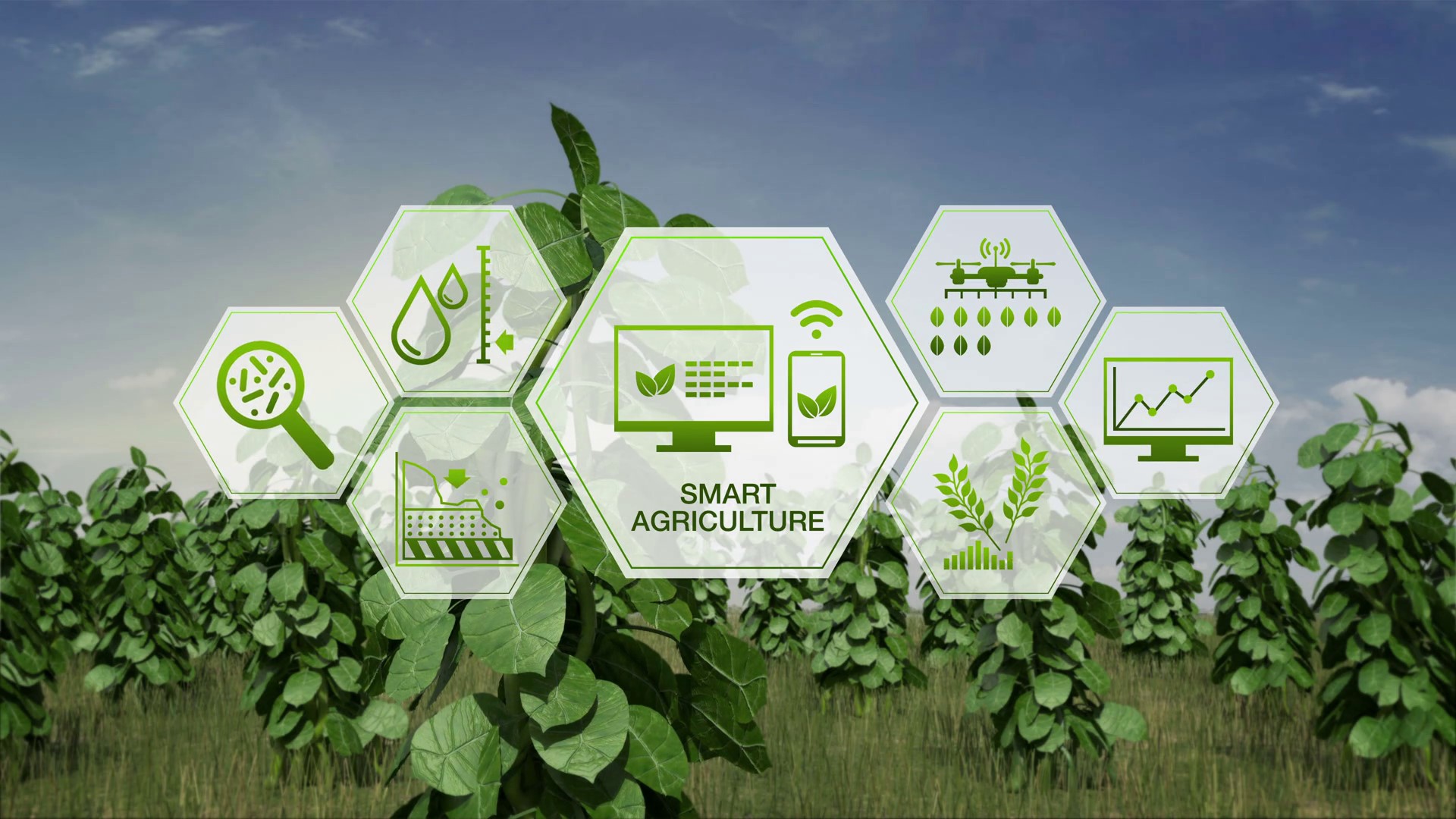The term smart agriculture refers to the usage of technologies like Internet of Things, sensors, location systems, robots and artificial intelligence on your farm. The ultimate goal is increasing the quality and quantity of the crops while optimizing the human labor used.
Smart Farming applications do not target only large, conventional farming exploitations, but could also be new levers to boost other common or growing trends in agricultural exploitations, such as family farming (small or complex spaces, specific cultures and/or cattle, preservation of high quality or particular varieties), organic farming, and enhance a very respected and transparent farming according to consumer, society and market consciousness. Smart Farming can also provide great benefits in terms of environmental issues, for example, through more efficient use of water, or optimization of treatments and inputs.
By making farming more connected and intelligent, precision agriculture helps reduce overall costs and improve the quality and quantity of products, the sustainability of agriculture and the experience for the consumer. Increasing control over production leads to better cost management and waste reduction. The ability to trace anomalies in crop growth or livestock health, for instance, helps eliminate the risk of losing yields. Additionally, automation boosts efficiency. With smart devices, multiple processes can be activated at the same time, and automated services enhance product quality and volume by better controlling production processes.
Smart farming systems also enable careful management of the demand forecast and delivery of goods to market just in time to reduce waste. Precision agriculture is focused on managing the supply of land and, based on its condition, concentrating on the right growing parameters – for example, moisture, fertilizer or material content – to provide production for the right crop that is in demand. The types of precision farming systems implemented depend on the use of software for the management of the business. Control systems manage sensor input, delivering remote information for supply and decision support, in addition to the automation of machines and equipment for responding to emerging issues and production support.

